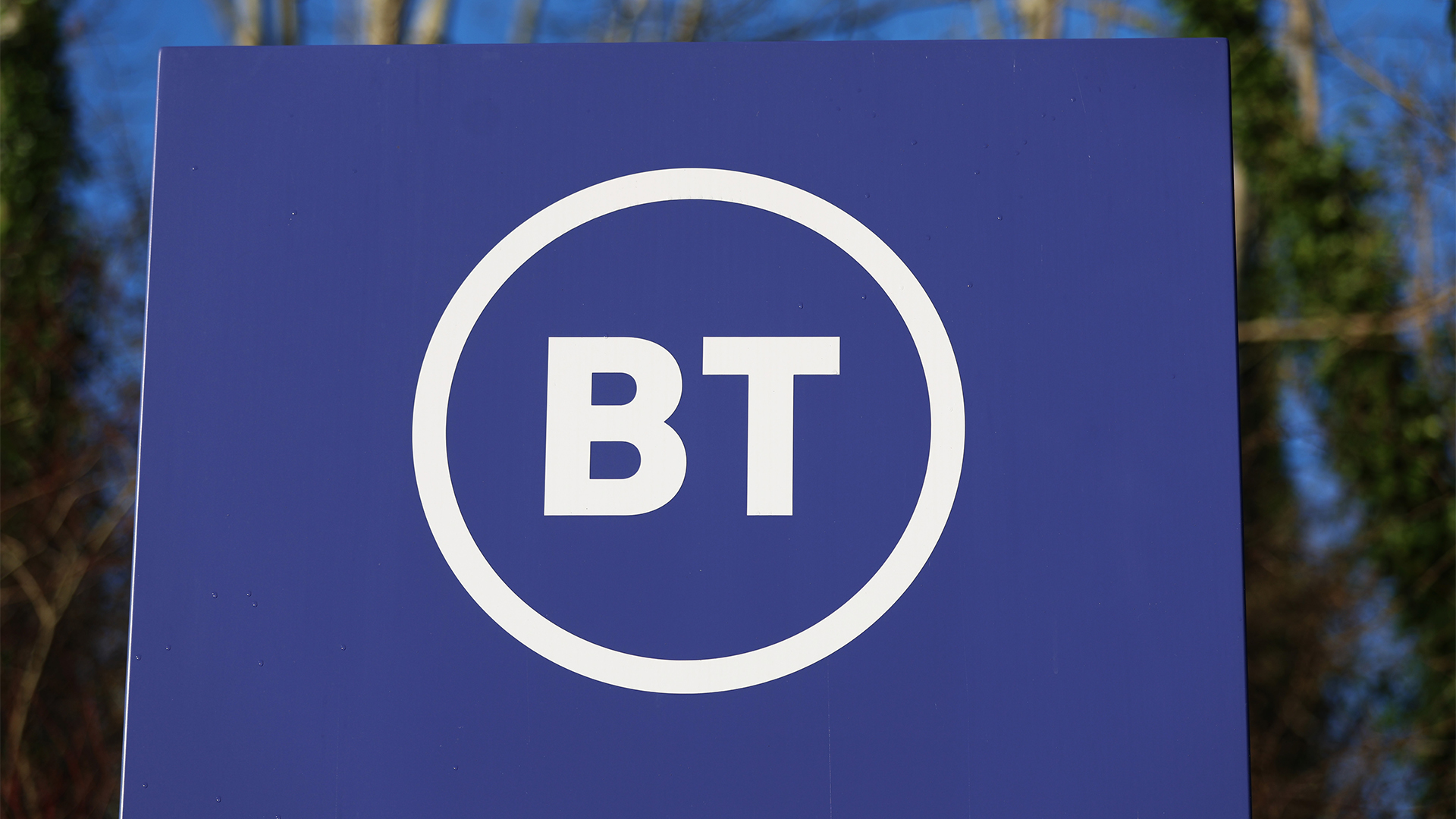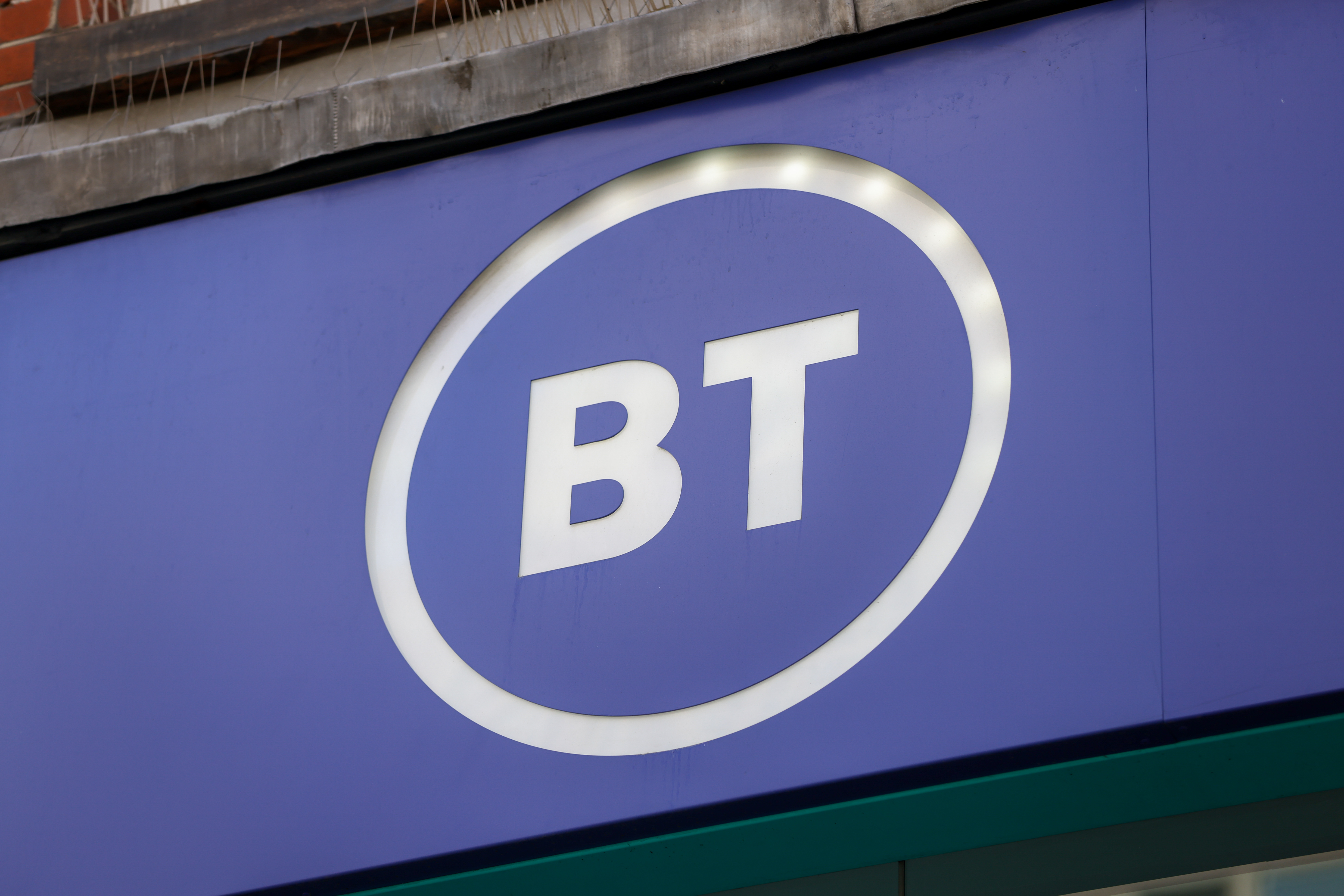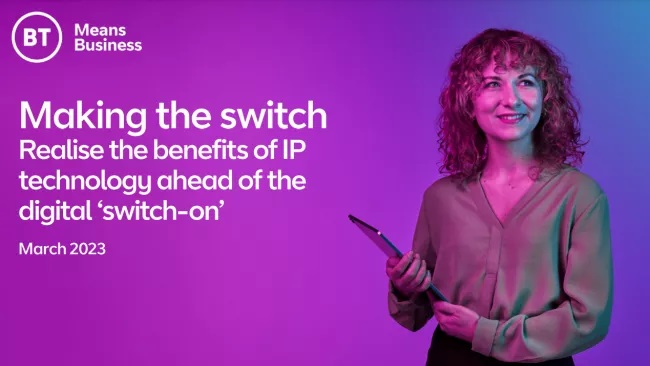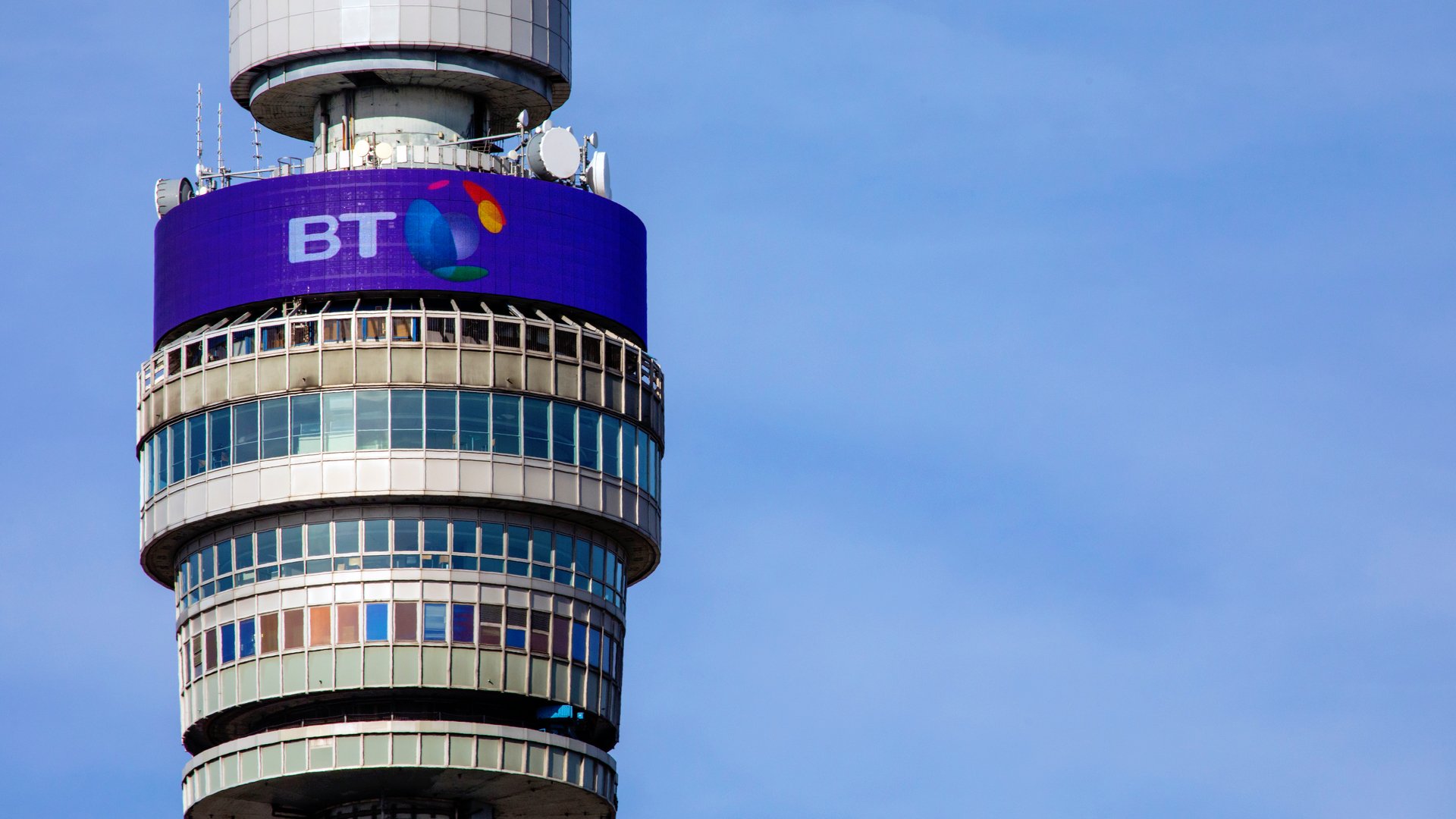Is BT the key to broadband Britain?
Inside the Enterprise: BT's revenues might be down but its hold on the broadband market is stronger than ever.

The latest financial results from BT make for interesting reading, not just for its shareholders, but for anyone with a stake in the progress of "broadband" Britain.
BT's overall revenues for the for the year to March 31 fell four per cent (although underlying revenues, which excludes the money BT makes from carrying traffic for other phone operators, did a little better). But the company's pre-tax profits grew by 16 per cent.
Three areas of BT's business seem to have done well: its global services arm, which has a 2 billion strong order book; the broadband business; and, surprisingly, landline telephones.
According to BT, the number of landlines run by the company has increased for six quarters in a row, suggesting that mobiles and VoIP services have not killed off fixed line yet.
IT professionals will be most interested in the company's broadband results. BT added 1,085,000 new homes and businesses to its wholesale (BT Openreach) network. But BT Retail, which sells broadband to end users under the BT brand, captured 54 per cent of that business, or close to 600,000 customers.
BT also revealed that its "superfast" or fibre broadband service now reaches 10 million homes and businesses in the UK, with a target of reaching two-thirds of homes and properties by 2014.
As BT stated, a 90 per cent fibre footprint would make the UK one of the best-connected European countries, but this will need a much more aggressive rollout of fast services outside of metropolitan areas.
Get the ITPro daily newsletter
Sign up today and you will receive a free copy of our Future Focus 2025 report - the leading guidance on AI, cybersecurity and other IT challenges as per 700+ senior executives
BT is competing with other broadband providers for Broadband Delivery UK (BDUK) funds. But it will take more than Government subsidies to drive the rollout of high-speed fibre, especially to smaller towns and suburban areas that might not qualify for rural subsidies.
Analysts claim the rollout of fast internet outside of cities will be the most critical.
"The fibre schedule is good, but how much is only FTTC (fibre to the cabinet), and what about rural broadband, which is the higher hanging fruit?" asked Rob Bamforth, principal analyst at Quocirca.
He suggested that much of the growth in broadband is being driven by competition from BT's smaller rivals, such as Virgin Media. But Virgin is especially concentrated in urban and suburban areas, because of its origins as a cable TV service.
Not all IT departments like dealing with BT, but they may well have to. Ultimately, only a handful of providers have the size and scale to provide national, fast broadband services of the type businesses need to compete.
BT needs enough competition to keep it honest but a large enough potential market to keep it investing in fibre.
Stephen Pritchard is a contributing editor at IT Pro
-
 Bigger salaries, more burnout: Is the CISO role in crisis?
Bigger salaries, more burnout: Is the CISO role in crisis?In-depth CISOs are more stressed than ever before – but why is this and what can be done?
By Kate O'Flaherty Published
-
 Cheap cyber crime kits can be bought on the dark web for less than $25
Cheap cyber crime kits can be bought on the dark web for less than $25News Research from NordVPN shows phishing kits are now widely available on the dark web and via messaging apps like Telegram, and are often selling for less than $25.
By Emma Woollacott Published
-
 Equinix acquires BT's Irish data centers in €59 million deal
Equinix acquires BT's Irish data centers in €59 million dealNews As BT moves to an asset-light business model, Equinix looks to expand
By Emma Woollacott Published
-
 BT just extended the PSTN switch-off deadline — here’s what you need to know
BT just extended the PSTN switch-off deadline — here’s what you need to knowNews BT described the move as a “revision”, citing a series of improvements to the wider PSTN switch-off programme
By George Fitzmaurice Published
-
 BT misses key Huawei kit removal deadline, but the telco is “almost over the line”
BT misses key Huawei kit removal deadline, but the telco is “almost over the line”News BT is still reliant on non-compliant Huawei equipment for 2G and 3G services
By Ross Kelly Published
-
 BT partners with HPE to deliver new global managed LAN service
BT partners with HPE to deliver new global managed LAN serviceNews The latest collaboration combines BT’s connectivity expertise with HPE Aruba Networking’s latest LAN solutions
By Daniel Todd Published
-
 Making the switch
Making the switchWhitepaper Realise the benefits of IP technology ahead of the digital ‘switch-on’
By ITPro Last updated
-
 BT and OneWeb succeed in "game changer" satellite connection trial
BT and OneWeb succeed in "game changer" satellite connection trialNews Smaller businesses in rural areas could benefit from improvements to backhaul services using satellites, with speeds increasing by an order of magnitude
By Rory Bathgate Published
-
 BT, Nokia crack four carrier aggregation on a 5G network in first for Europe
BT, Nokia crack four carrier aggregation on a 5G network in first for EuropeNews The breakthrough marks the first successful use of such technology on a live network, and could lead to dramatic network improvements
By Rory Bathgate Published
-
 HPE inks $2 billion high-performance computing deal with the NSA
HPE inks $2 billion high-performance computing deal with the NSANews HPE will provide scalable on-premises computing to the NSA using Greenlake
By Danny Bradbury Published